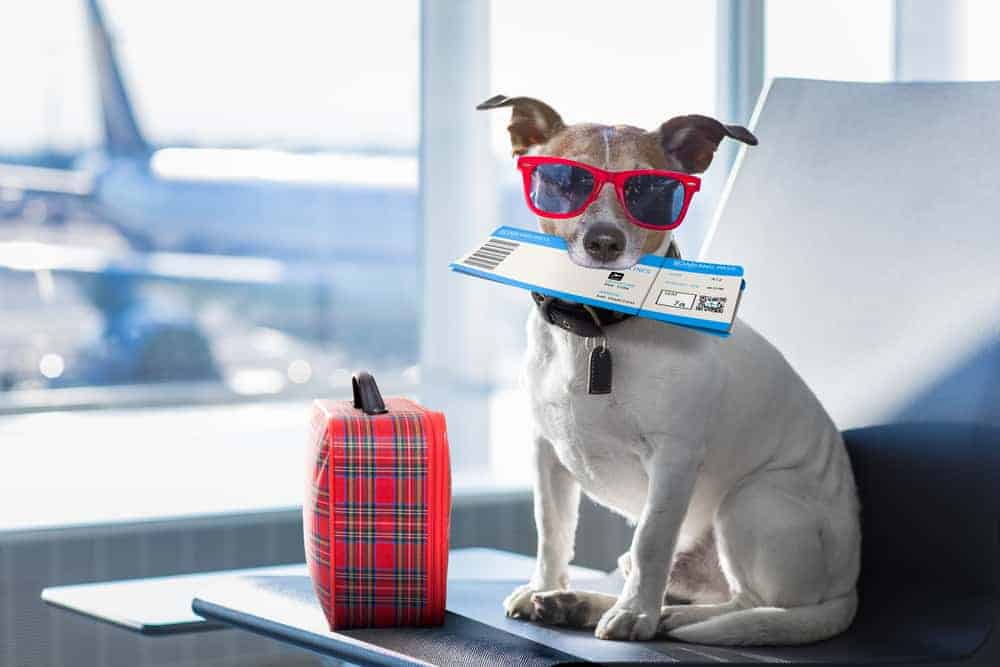Moving abroad has never been easier, with all the processes easily organised via the internet, each process trackable and able to be costed accurately in advance. But as Christopher Nye, editor of Smart Currency Exchange, international property purchase and relocation specialists, explains, for a smooth move timing is everything.
Moving abroad may be easier these days, but it will still be one of the most challenging events in your life to organise. Then you have to add the emotional issues – leaving not just friends and family but your whole life behind. Being organised and in control will be the key, so try to stick to these rough timings.
1. One year ahead: inspiring your children
Keeping children in the dark about the move in the initial period might feel like you’re saving a lot of stress, but it could just make the move more daunting when it actually happens.
Talk about where you’re moving to, little and often. Give your kids a feel for the country, the town and area you’ll be living in and the school they’ll be attending. Highlight the fun you’ll have there, the new activities they’ll be doing and the places to visit.
If the children have birthdays coming up, encourage generous grandparents to give cash presents in the new currency, rather than sterling, so they can look forward to shopping when they get there.
2. Six months ahead: Shipping belongings
The process for moving your possessions abroad should start as much as six months before you plan to arrive. You will want to get several quotes, with the cost of transporting the contents of a four bedroom house to New Zealand around £4,000.
That may give you pause to consider how much you wish to take, but remember that the cost of replacing even a sofa or two could be more.
After you’ve gone through the “ship, chuck, sell, donate” process through your possessions, you then have to divide the shipping pile into taking with you on the plane and sending on. Transporting it by ship will take up to 14 weeks to New Zealand door to door and obviously less time to anywhere else.
While you might wish to have everything ready and laid out in your new home for you, it’s actually best to arrive in the country before the bulk of your goods. You may be legally required by customs to receive your goods and if not, may have to sign over power of attorney to your destination agent to receive your goods on your behalf, then pay storage fees until you arrive.
3. Three to six months: pet bureaucracy

When planning the move for your pets, you will need to consider not just the legal and health requirements, but also the practical process of transporting them. So while a trip to France on a ferry might require just a month or two of pre-planning, a 23-hour flight to Australia is more problematic.
Whatever you do, don’t get a puppy or kitten in the weeks before moving abroad! If you have a puppy it generally won’t be safe to travel such a long distance until it is at least 15 weeks old. In any case it cannot have the rabies vaccine until at least 12 weeks and then you have to add another four weeks for the effectiveness of that to be tested.
Taking a pet to the European Union now requires an animal health certificate but so long as the pet’s vaccinations are up to date, you only need to start planning a month or so ahead.
4. One to three months: Keep your finances flowing
Moving your family abroad can be an inexpensive process, especially if you’re moving to a country with complicated visa processes and expensive flights, such as Australia or New Zealand.
You should be saving towards a war chest of £10,000 or so if moving a family and a family home Down Under. You then need a local bank account and, usually, a local tax number. Bank accounts can be problematic as most will require a local address, however there are accounts available that you can open subject to confirmation in person when you arrive.
A tax number – like the UK’s National Insurance number – may be essential to get settled. That’s certainly the case in Spain, where your NIE is a pre-requisite for most significant transactions.
Wherever you move, much of your budget will be spent in the local currency. To avoid wasting any of that, it’s sensible to use a currency specialist rather than your local bank.
5. One to three months: Finding accommodation

For many of us priced out of the British property market, moving abroad is about finding a place to call our own. Even so, it’s usually best to rent first. Indeed for countries like Australia and New Zealand, until you are a resident you are very limited in what you can buy at all.
Renting procedures are essentially the same the world over, with the short-term market revolutionised by the likes of AirBnb. They also operate in the long-term market these days, but do ensure that you have the right tenant protections in place.
When you come to buy, again the procedures are essentially very similar the world over. You may have to pay a small deposit of a few thousand euros or dollars to take the place off the market, but after that there will be a 10% deposit when you commit to the sale and the balance on completion two to three months later.
Beware two things, however. Firstly that you know what you are committing to at each stage. Secondly, that the exchange rate does not change significantly between agreeing a price and paying for it two to three months later.
At Smart Currency Exchange we have helped many thousands of people to start new lives abroad. If we have one suggestion it is this: focus on your own plans and ascertain what you need to do to achieve the best possible start in a country. With exchange rates, for example, instead of fretting about getting the best rate on the day, consider fixing the rate with a forward contract for the whole year, so you know exactly how much everything will cost you when exchanged from sterling.
A successful move is not magic, or even hard work, it is a methodical step-by-step process, which many millions of people have done before. You can do it, good luck!
This is a guest post by Christopher Nye, Editor of Smart Currency Exchange







